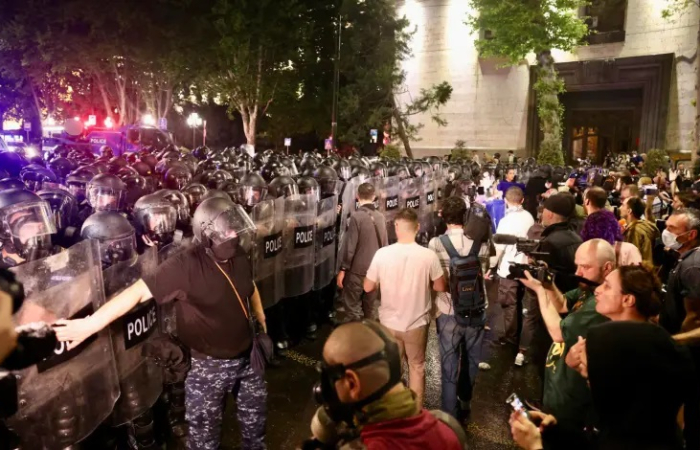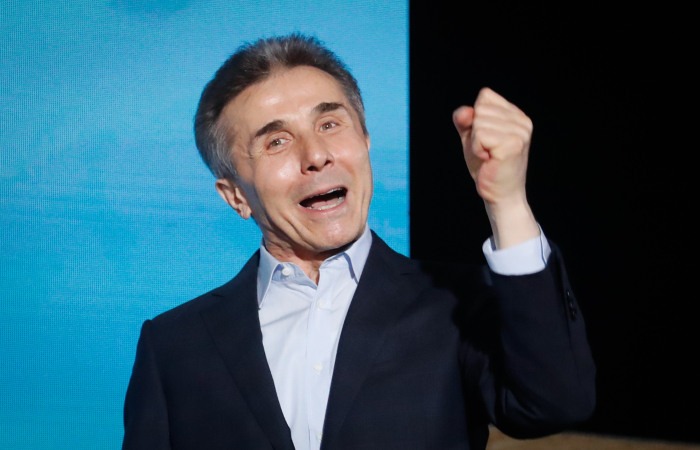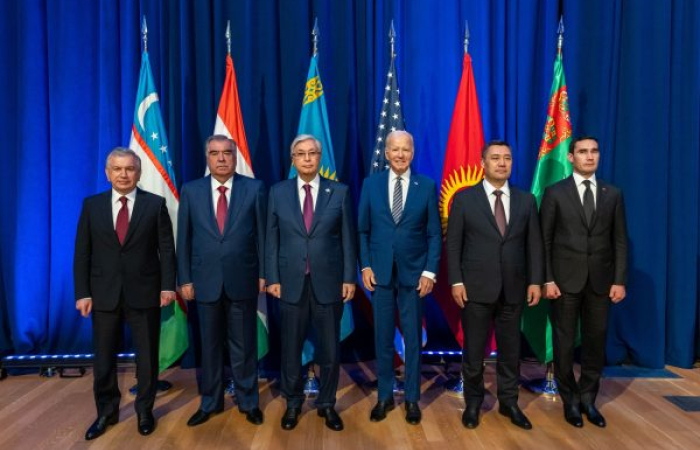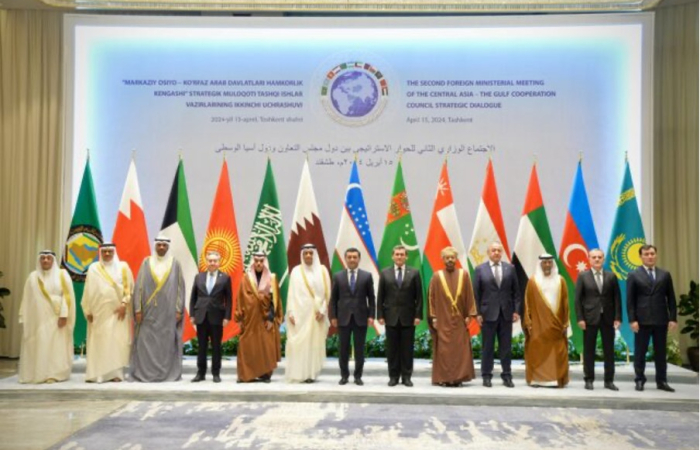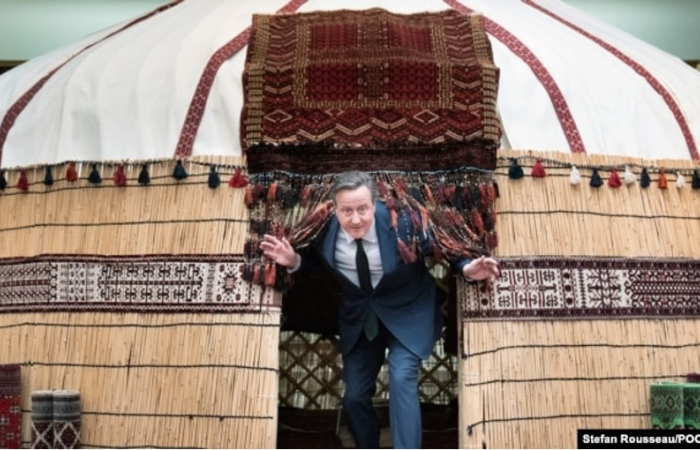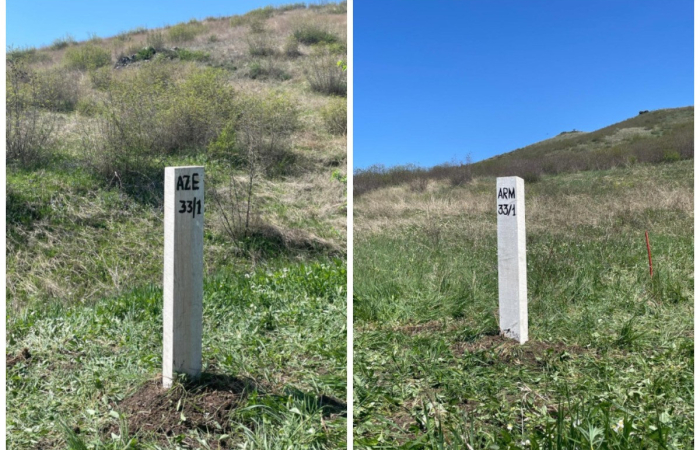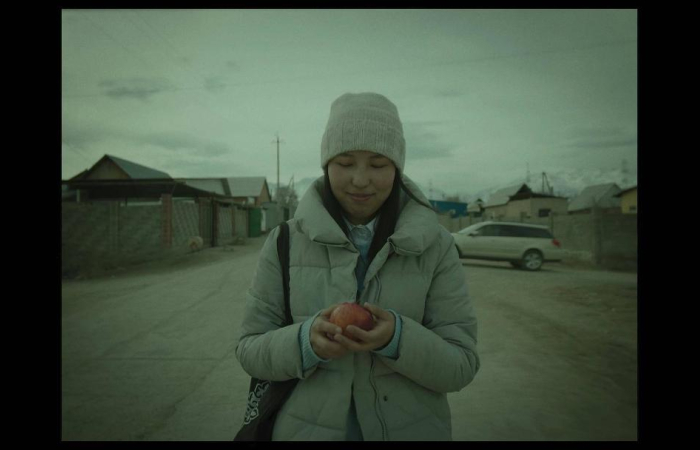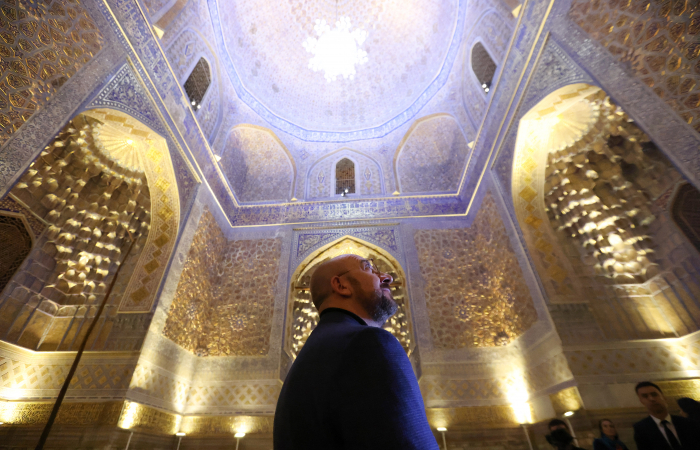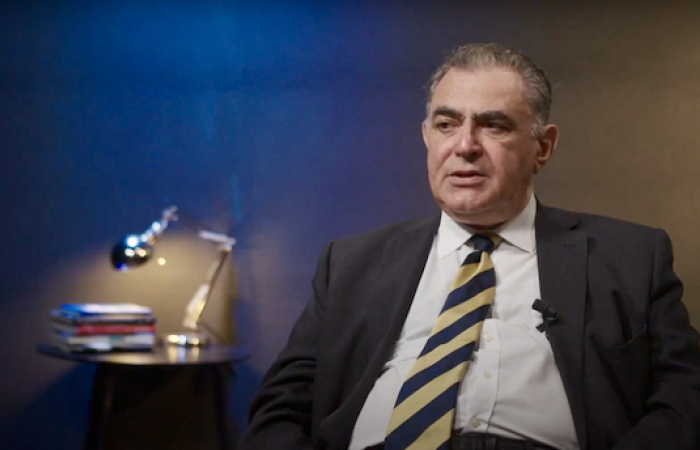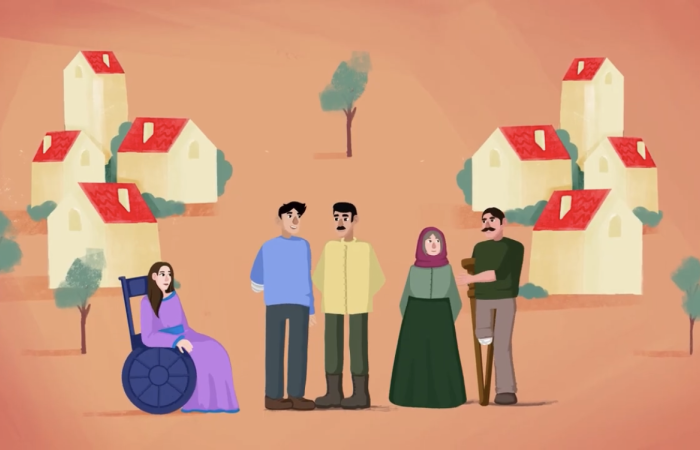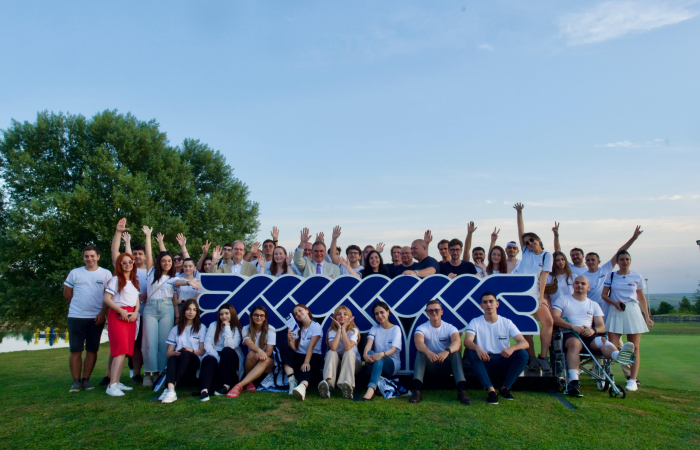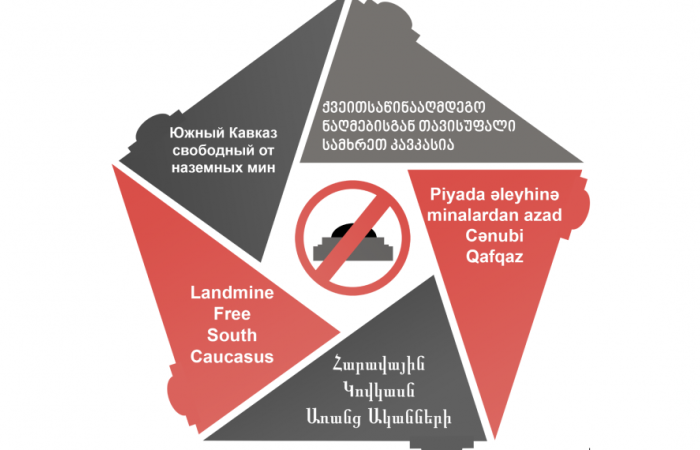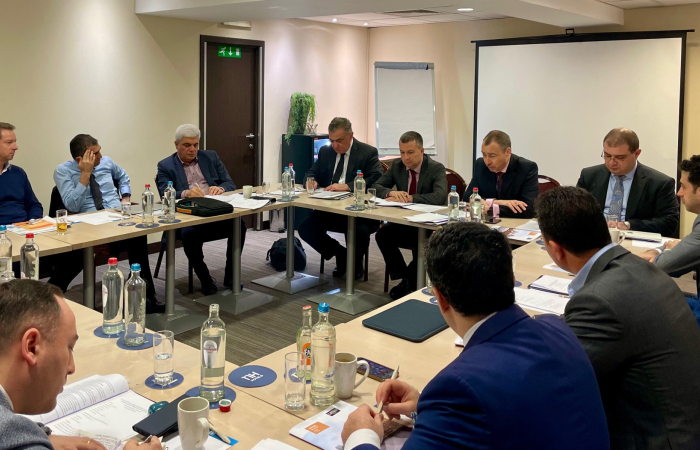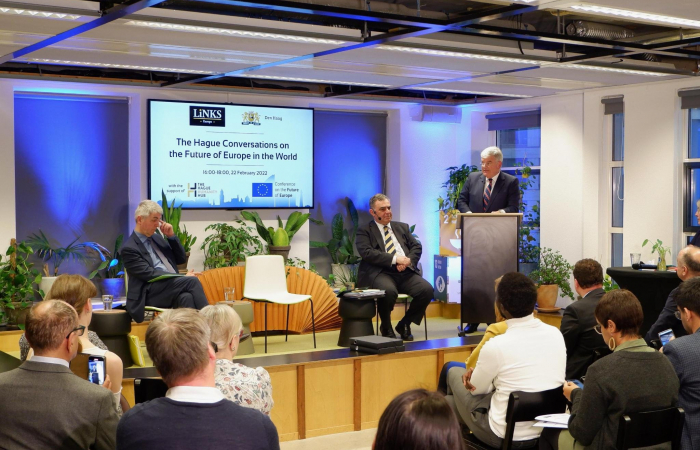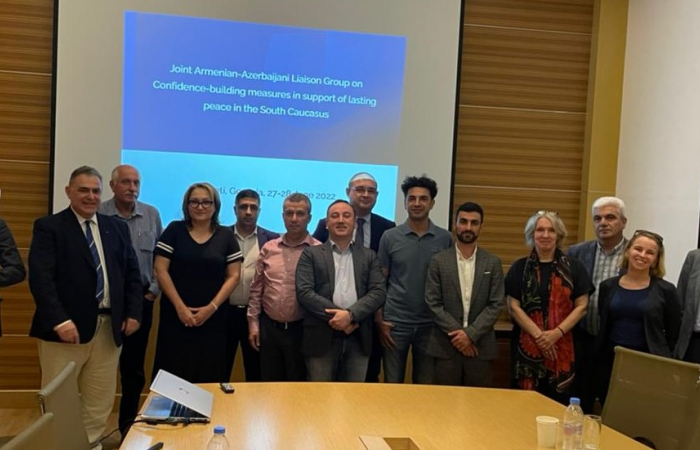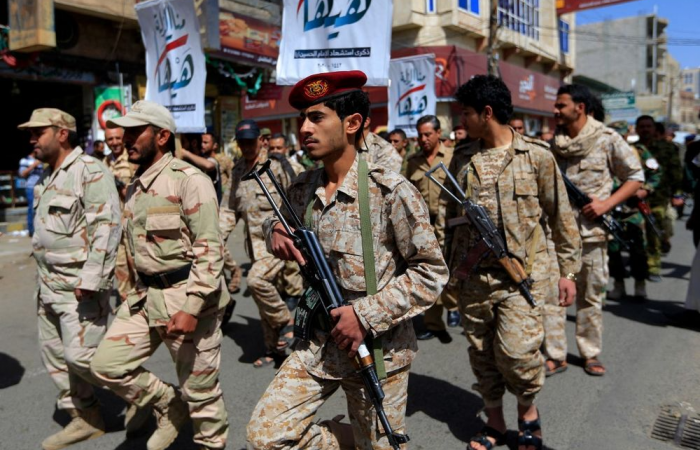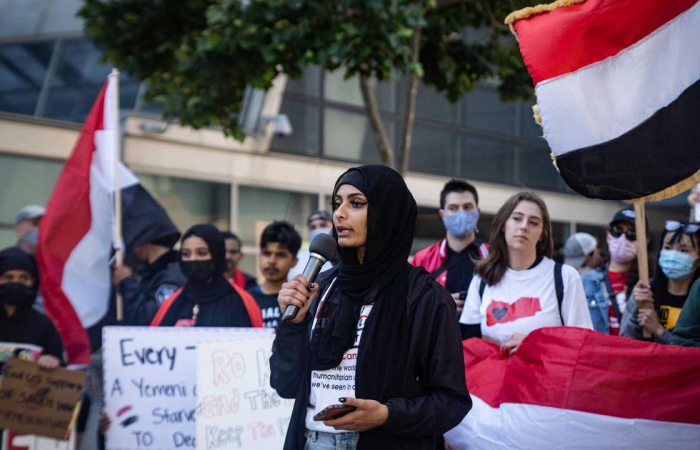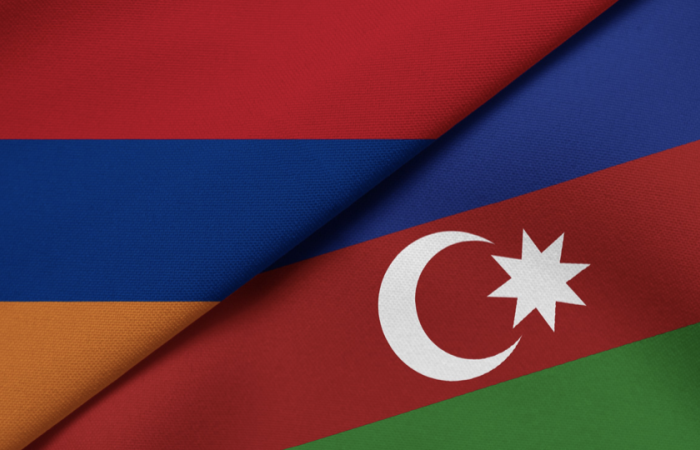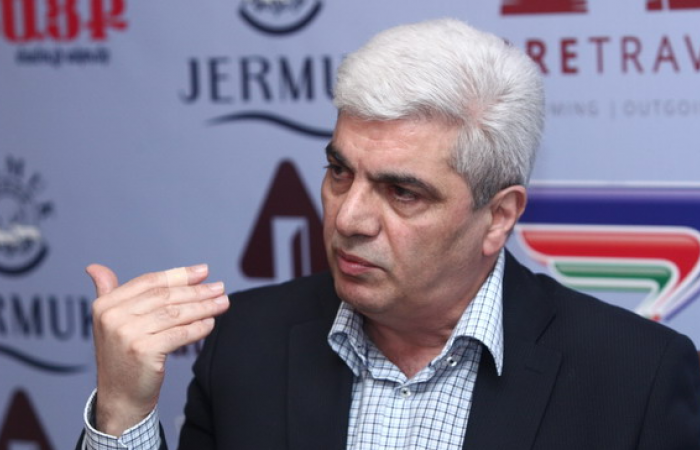- Opposition leader amongst those injured after police break up anti government protests in Georgia
- From Blighty with love – UK charm offensive in Central Asia is well thought through
- The new kid on the block – Azerbaijan’s new role in Central Asia
- Why Central Asia is more than simply the flavour of the month
- Mask off
- Tens of thousands of people protest in Georgia against "foreign agents" law
Focus on Central Asia
Voices - Opinion and analysis
Focus on Yemen
Focus on the South Caucasus
commonspace.eu is an activity of LINKS Europe, an independent foundation based in The Hague, The Netherlands. We focus on issues related to European peace and security, Europe's neighbouring regions, including Eastern Europe, the Caucasus and Central Asia; North Africa and the Sahel, the Horn of Africa and the Arabian Peninsula. LINKS Europe is committed to contribute to a better future by increasing understanding of complex foreign policy issues, by promoting dialogue and confidence-building as tools for helping to resolve conflict, and by engaging citizens in the process of building peace and security on the basis of solidarity and mutual respect. Through commonspace.eu we aim to provide insights and analysis on different topics in our area of interest, and a platform for diverse opinions.
Read or download the 2022 Annual Review of LINKS Europe work, and our work programme for 2023 here



